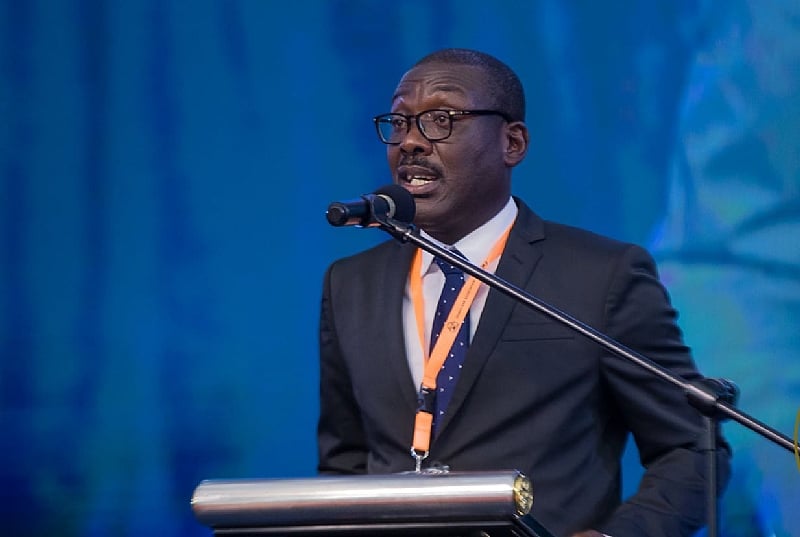The conduct of lawyer-Members of Parliament (MPs) in Ghana has come under intense scrutiny following recent incidents of protests and disruptions within the parliamentary chamber and beyond. Former Ghana Bar Association (GBA) President, Yaw Boafo, has strongly condemned the actions of these lawyer-MPs, calling for sanctions against them for behavior he deems unbecoming of legal practitioners and detrimental to the integrity of the legal profession. He argues that their participation in protests and chaotic scenes undermines the ethical standards expected of lawyers, regardless of their political affiliations. Mr. Boafo’s criticism targets the lawyer-MPs’ involvement in two specific incidents: a sit-down protest at the Economic and Organised Crime Office (EOCO) and a physical altercation during a parliamentary vetting process.
The first incident involved a protest organized by the Minority caucus at the EOCO offices, demanding the release of Ashanti Regional NPP Chairman, Bernard Antwi Boasiako, also known as Chairman Wontumi. Mr. Boafo criticized the lawyer-MPs who participated in this protest, arguing that their approach was unprofessional and inconsistent with legal practice. He emphasized that lawyers should engage with investigators or resort to legal proceedings through the courts, rather than resorting to public demonstrations and disruptive tactics. He highlighted the inappropriate nature of lawyers “sitting on the floor asking for bail,” contending that such actions diminish the stature of the legal profession.
The second incident that drew Mr. Boafo’s condemnation was a physical altercation during a parliamentary vetting process, where some lawyer-MPs reportedly engaged in fisticuffs and damaged furniture. He characterized this behavior as “theatrics” that have no place in the legal profession, emphasizing that lawyers are expected to maintain composure and decorum in all settings. He expressed particular disappointment in Minority Leader, Alexander Afenyo-Markin, and other lawyer-MPs who were involved in the altercation, stressing that their actions set a negative example for the legal community and the public at large. Mr. Boafo’s argument centers on the principle that lawyers, whether in political office or not, should be held accountable for their conduct, even outside the courtroom.
Mr. Boafo’s condemnation of the lawyer-MPs’ conduct reflects a broader concern about the intersection of law and politics in Ghana. He argues that holding a law degree and being a member of the bar carries a responsibility to uphold ethical standards, irrespective of one’s political role. He challenges the notion that political engagement excuses lawyers from adhering to professional conduct rules, insisting that misconduct should be addressed with sanctions, regardless of the setting. His comments highlight the tension between political expediency and professional integrity, questioning whether lawyer-MPs prioritize their political agendas over their ethical obligations as legal practitioners.
The former GBA President’s call for sanctions underscores the importance of maintaining public trust in the legal profession. He posits that the actions of these lawyer-MPs erode public confidence in the legal system, portraying lawyers as engaging in the same disruptive and unruly behavior they are expected to mitigate. He contends that such behavior undermines the rule of law and creates the impression that lawyers are above the ethical standards they are sworn to uphold. Mr. Boafo’s stance reinforces the idea that the legal profession must maintain its integrity and independence, even within the politically charged environment of parliament.
Mr. Boafo’s criticism of the lawyer-MPs sparks a conversation about the dual roles of legal professionals in politics. He argues that the pursuit of political objectives should not come at the expense of professional ethics. He advocates for holding lawyer-MPs to the same standards of conduct expected of all legal practitioners, regardless of their political affiliations. He suggests that failing to address such misconduct would create a double standard, where lawyers in political office are exempted from the same rules and regulations that govern the rest of the legal profession. His call for sanctions serves as a reminder that professional ethics should transcend political considerations and that lawyer-MPs should be held accountable for upholding the integrity of the legal profession.


